College of Science, Engineering & Technology
CSET postgrads walking on water after presentation wins
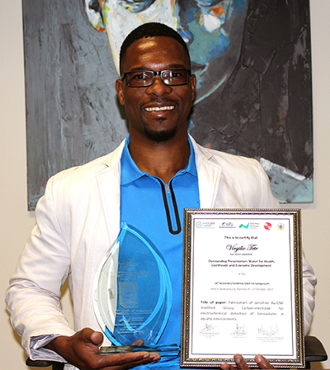
Virgilio Salomao Tete
Two Unisa Nanotechnology and Water Sustainability (NanoWS) Research Unit students scooped awards in Namibia last month. Virgilio Salomao Tete, an MTech Chemical Engineering student, and Hailemariam Abrha Assress, a PhD student, attended the 18thWaterNet/WARFSA/GWP-SA Symposium, which was held in Swakopmund from 25 to 27 October 2017, under the theme Integrated water resources development and management: Innovative technological advances for water security in Eastern and Southern Africa.
Tete won:
- An outstanding presentation in the stream of Water for Health, Livelihoods and Economic Development
- 2017 Lewis Jonker Award for the best presentation by a young water scientist.
These awards came with two trophies, certificates, a book written by the late Lewis Jonker and partial sponsorship of 2000 Euro foo a conference of his choice. Tete works under the supervision of Professor Titus Msagati, Dr Hlengiwe Nyoni, and Dr Bulelwa Ntsendwana in the research unit.
His research work
He is working on designing and developing analytical techniques to assess the occurrence, fate, and distribution of emerging micro-pollutants (pharmaceutical drugs) in aquatic environments. The analytical techniques based on sensor technologies are now very important and attractive tools to monitor water quality because of their fast, easy operation and onsite application.
Tete will take part in the Stockholm World Water Week to be held in Sweden from 26 to 31 August next year, under the theme Water, ecosystems and human development. He is currently working on a manuscript of the work presented in Namibia for submission to the DHET-accredited Journal of Physics and Chemistry of the Earth (JPCE) for possible publication, which he intends to submit in February 2018.
“This recognition means a lot to me as a young water scientist who is at the beginning of my research career. I have always wanted to do research that has a positive bearing on communities. I believe the use of this very economical sensor to monitor the quality of water supplied to the community will bring a solution to the ever-increasing need for human health protection and the entire ecosystem from emerging micropollutant contamination,” Tete concluded.
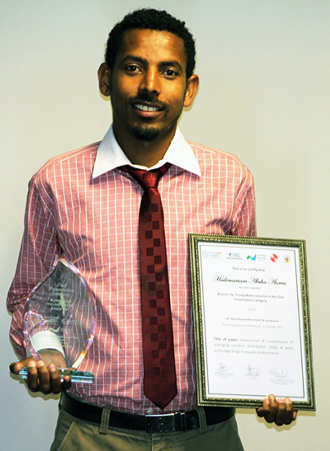
Hailemariam Abrha Assress
Hailemariam Abrha Assress was awarded for:
- An outstanding presentation in the stream of Water, Ecosystems and the Environment
- Runner Up: Young Water Scientist in the Oral Presentation Category
Part of his project deals with the determination of the occurrence of contaminants of emerging concern (CECs), specifically the occurrence of azole antifungal drugs in wastewater.
His research work
Because of increased human activity, urbanisation, population growth, climate change, and pollution, countries across the globe have been challenged with the issue of water sustainability. It is forecast that by 2025, two-thirds of the world’s population may face water shortages.
South Africa is among the water-stressed regions of the world. Wastewater re-use is expected to offset more clean water resource and reduce discharged effluent especially in regions facing water stress such as South Africa. However, the challenge with reusing wastewater is that wastewater is known to contain many chemicals and substances that which are believed to be harmful.
These are termed contaminants of emerging concern (CECs). CECs include pesticides, heavy metals, disinfection by-products, personal care products, and pharmaceuticals. Generating scientific knowledge about the occurrence, level, and risk associated with such CECs is the first thing to do in management of issues related with CECs. Abrha Assress’s project is one of the NanoWS Research Unit projects aimed at determining the occurrence, level, and risk associated with CECs, specifically pharmaceuticals.
“The award was a big surprise to me. It is really a great pleasure to be recognized in a scientific forum. It has inspired me to continue to work hard and do my very best on my study. As the symposium is about integrated water resources development and management, the award also means the project is relevant and timely, which can contribute towards integrated water management.
“I also strongly believe that the award will make the NanoWS Research Unit specifically and Unisa as a whole known to the scientific community, organisations, and institutions that are members of the Waternet’s regional network. This, in turn, will attract international students and collaborators to work with the research unit,” Abrha Assress concluded.
*Compiled by Nkululeko Mpakama
Publish date: 2017-11-20 00:00:00.0


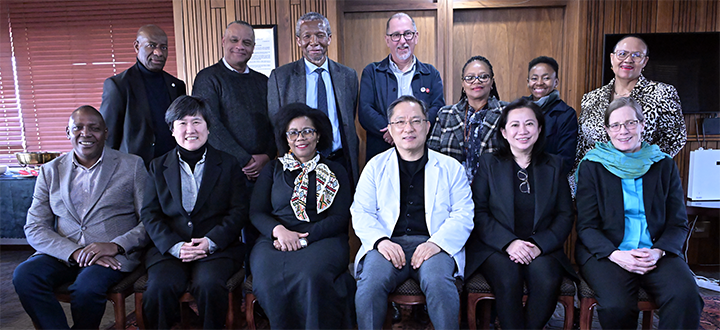 Unisa wins bid to host IAMS General Assembly
Unisa wins bid to host IAMS General Assembly
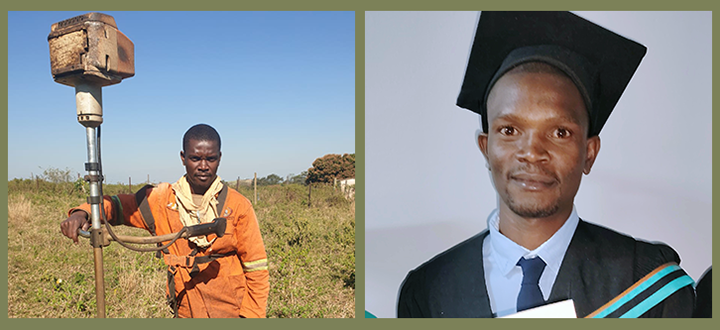 Cutting grass by day, pursuing Unisa studies by night
Cutting grass by day, pursuing Unisa studies by night
 Unisan’s research set to improve accident records management through AI
Unisan’s research set to improve accident records management through AI
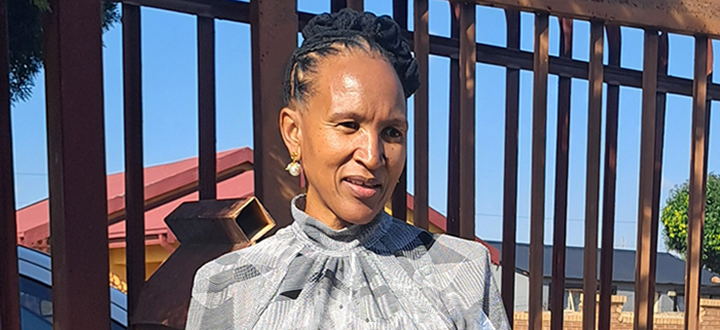 Koma e wetse: When tradition meets the harsh realities of modern livelihoods
Koma e wetse: When tradition meets the harsh realities of modern livelihoods
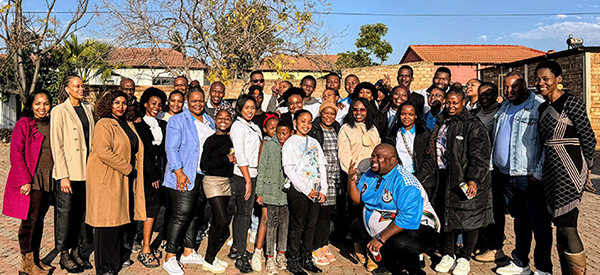 Imbizo inspires youth
Imbizo inspires youth